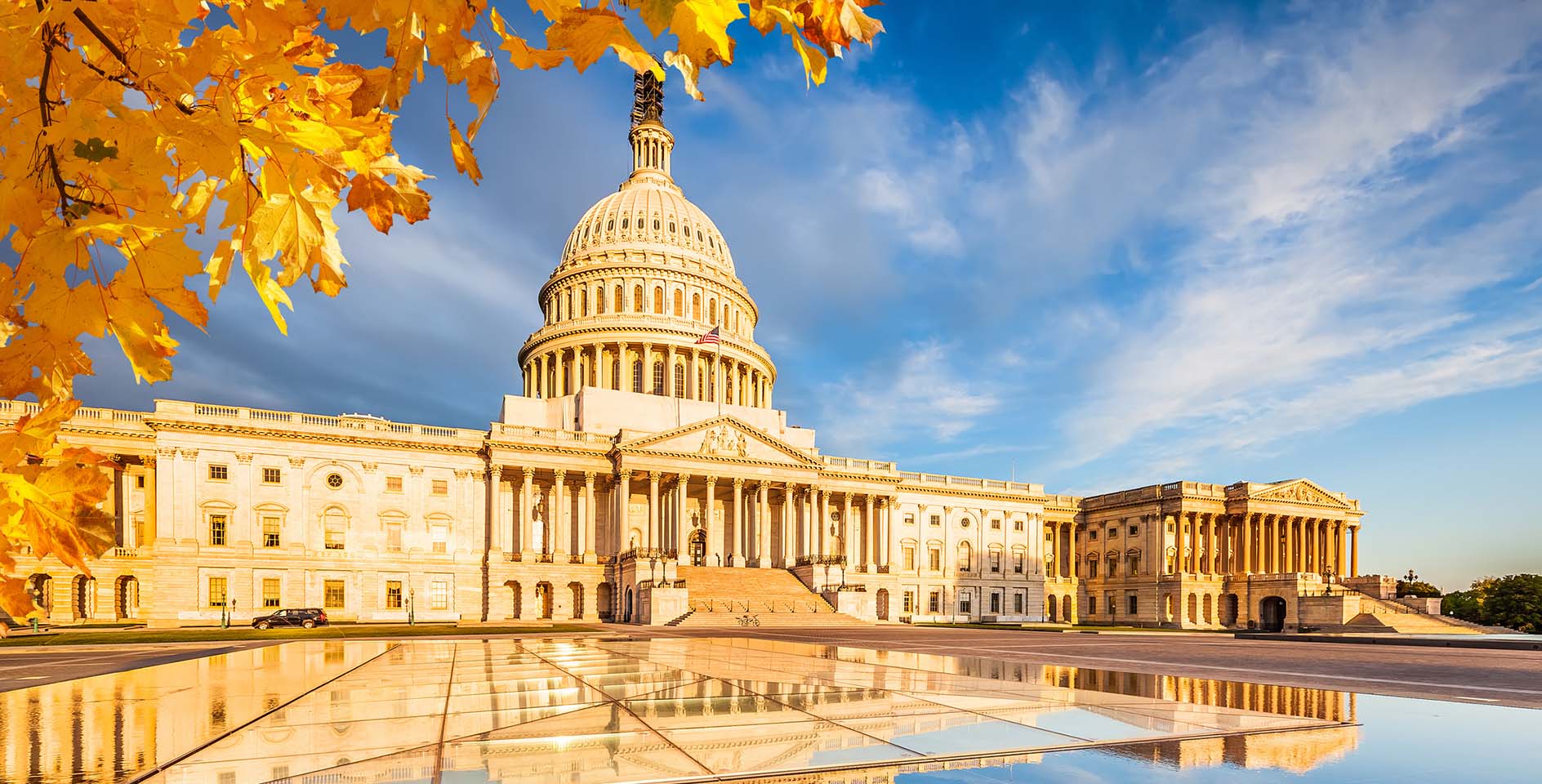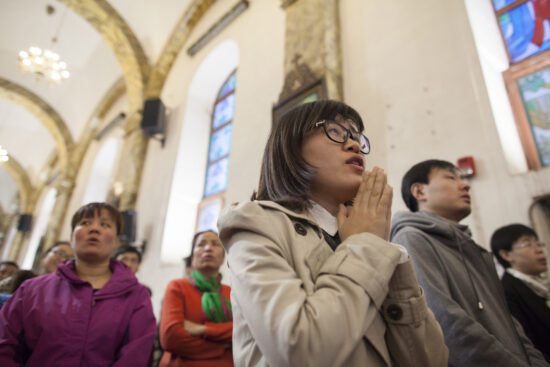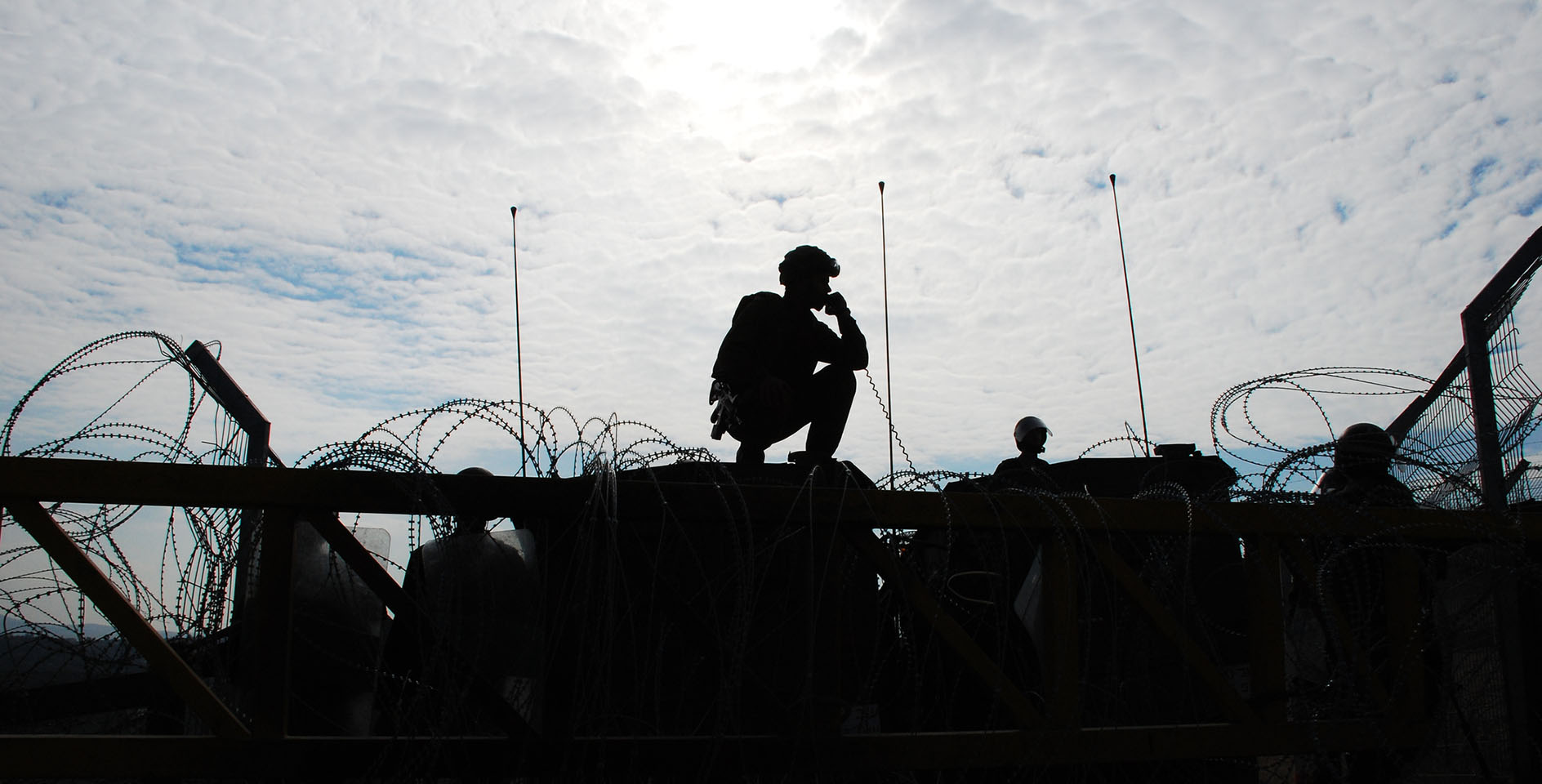This Saturday marks the 20th anniversary of the International Religious Freedom Act of 1998. Here are five facts you should know about one of the most important works of legislation on international religious freedom produced in the 20th century:
1. The International Religious Freedom Act of 1998 (IRFA) made it the policy of the U.S. government not only to condemn violations of religious freedom but to also promote and assist other governments in the promotion of the fundamental right to freedom of religion. The law also made it the policy to work with foreign governments that affirm and protect religious freedom in order to develop multilateral documents and initiatives to combat violations of religious freedom and promote the right to religious freedom abroad. Additionally the legislation affirms that “standing for liberty and standing with the persecuted,” the U.S. would use and implement appropriate tools in the foreign policy apparatus, including diplomatic, political, commercial, charitable, educational, and cultural channels, to promote respect for religious freedom by all governments and peoples.
2. The IRFA created the United States Commission on International Religious Freedom (USCIRF), an independent, bipartisan government commission consisting of the ambassador-at-large and nine other members (three each appointed by the president, Senate, and House of Representatives). USCIRF has two primary responsibilities: (1) producing an annual report on the condition of global religious persecution, designed to advise the president and the State Department, and (2) the making of policy recommendations to the president, the secretary of state, and Congress with respect to each foreign country the government of which has engaged in or tolerated violations of religious freedom.
3. The IRFA also created two permanent positions within the executive branch, the ambassador-at-large for International Religious Freedom created within the Department of State and a special adviser on International Religious Freedom within the National Security Council. The primary responsibility of the ambassador-at-large—a position currently held by former Kansas governor Sam Brownback—is to advance the right to freedom of religion abroad, to denounce the violation of that right, and to recommend appropriate responses by the U.S. government when this right is violated. The special adviser—a position currently unfilled—serves as a resource for executive branch officials, compiling and maintaining
information on the facts and circumstances of violations of religious freedom, and making policy recommendations. The special adviser also serves as liaison with the ambassador-at-large, the USIRF, Congress, and religious nongovernmental organizations.
4. In 1998, an amendment to the IRFA was added that included desecration of cemeteries among the many forms of violations of the right to religious freedom. In 2014, another amendment was proposed—the European Union Religious Freedom Act—which would include among Congress's finding with respect to the forms of government-sponsored or government-tolerated violations of religious freedom prohibitions against homeschooling, religious methods of meat production, circumcision, and wearing religious garb. That amendment has been stuck in House Foreign Affairs subcommittees for the past four years.
5. In 2016, Congress voted unanimously to passed the Frank R. Wolf International Religious Freedom Act, an amendment to the 1998 law. The amendment, named after one of Congress’s most vocal champions of religious liberty, improved U.S. religious freedom diplomacy efforts globally; better trains and equips diplomats to counter extremism; addresses anti-Semitism and religious persecution; and mitigates sectarian conflict. Specifically, the amendment:
- Created a “Designated Persons List” for individuals who commit egregious violations of religious freedom
- Created a comprehensive religious prisoners list—persons who are detained, imprisoned, tortured, and subject to forced renunciation of faith.
- Integrated religious freedom into every aspect of U.S. foreign policy
- Strengthened the special adviser for religious freedom at the National Security Council
- Requires international religious freedom training for all Foreign Service Officers
- Requires that the ambassador-at-large for International Religious Freedom report directly to the secretary of state
- Elevates the position of the ambassador within the federal government
- Created an “Entity of Particular Concern” designation for non-state actors like terrorist groups
- Requires more frequent presidential actions to counter severe religious freedom violations globally
- Created a “Special Watch List”—two-tier system at State (CPC countries/Special Watch List)
- Sets congressional expectations for staffing of the IRF office and expansion of Religious Freedom Program grants










